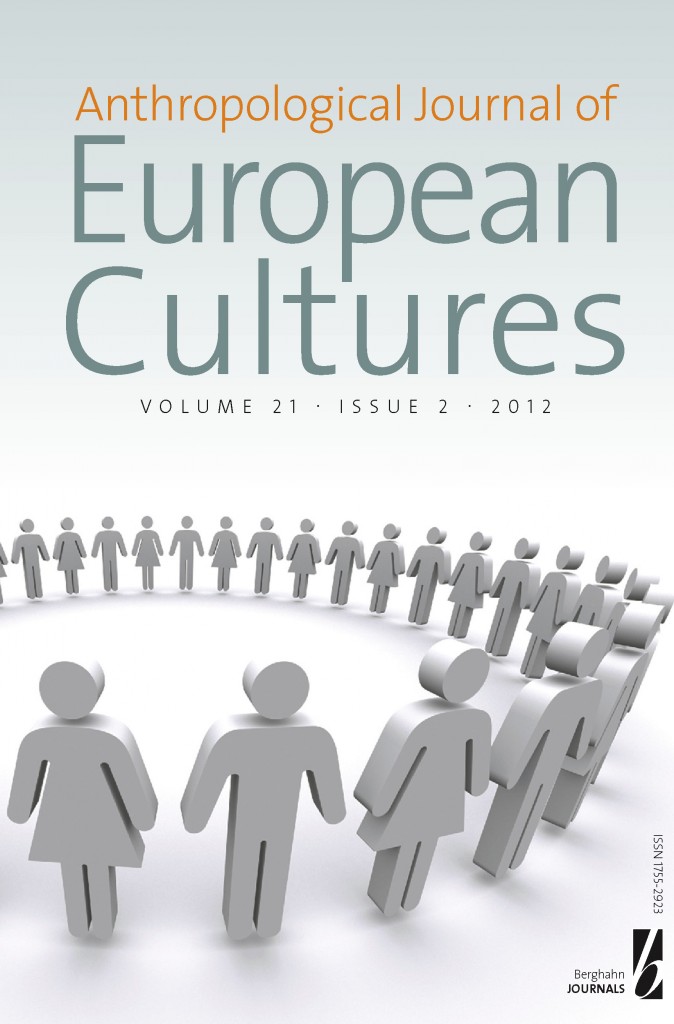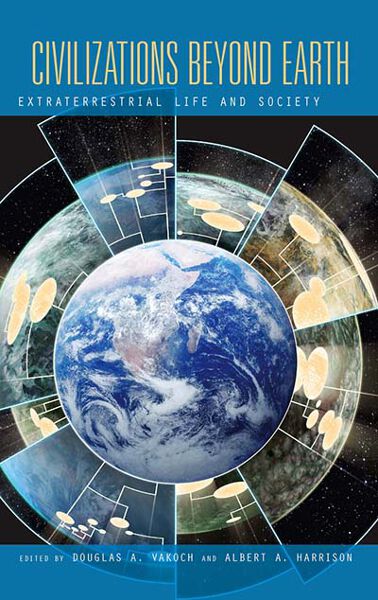 The below is a special guest post written by Manjeet Ramgotra, contributor to Theoria, Issue 139, and author of ‘Conservative Roots of Republicanism.’
The below is a special guest post written by Manjeet Ramgotra, contributor to Theoria, Issue 139, and author of ‘Conservative Roots of Republicanism.’
My article “Conservative Roots of Republicanism” is a result of research I conducted for my PhD. Initially, I had begun to work on Rousseau. I developed a critique of Pocock’s understanding of republicanism as antithetical to liberalism founded on a discourse of rights and the social contract. I contended that as Rousseau combines republicanism, rights and the social contract, that Pocock’s view must be ill-founded. As I began to work on Rousseau and a critique of Pocock’s Machiavellian Moment, my advisers recommended that I read Montesquieu who influenced Rousseau and Machiavelli, the central character of Pocock’s work. I included these thinkers in my study and was further advised to examine Cicero. On reading works of Cicero, I realized that although all individuals can promote the public good, not all participate on an equal basis in the political realm. In fact, the people participate only on a partial basis to protect their freedom to live in security from the arbitrary domination of the nobility. On reading Machiavelli’s Discourses, it became clear that the class struggle between the nobles (the haves) and the people (the have-nots) was essential to his republicanism. In fact the unequal participation of each class to protect its own interests – political authority and control for the nobles and political liberty or the freedom to live in security and without fear of arbitrary domination for the people – made Marx’s claim that history is about the struggle between social classes ring true. However, I did not adopt a structuralist or a Marxist approach; rather much of my argument is a result of exegetical and contextual analysis. Continue reading ““When I read Machiavelli, Marx rang true”” →
 This is a guest post written by Adam K Webb, contributor to Volume 62, Number 142 of the journal Theoria. Adam K Webb is the author of the article titled “Not an Immigrant Country? Non-Western Racism and the Duties of Global Citizenship.”
This is a guest post written by Adam K Webb, contributor to Volume 62, Number 142 of the journal Theoria. Adam K Webb is the author of the article titled “Not an Immigrant Country? Non-Western Racism and the Duties of Global Citizenship.”

 The below is a special guest post written by Benedicte Carlsen, contributor to
The below is a special guest post written by Benedicte Carlsen, contributor to 

